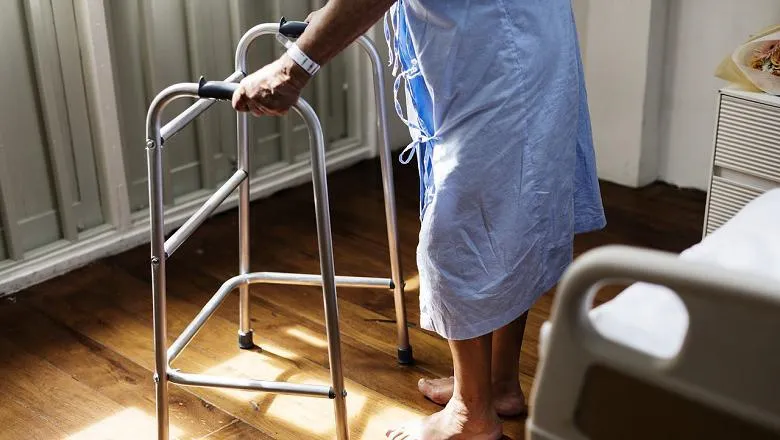15 April 2019
Are nursing home residents and people with cognitive impairment excluded from health research?
Study suggests that potential participants are systematically excluded.

New research suggests that nursing home residents and people with cognitive impairment are systematically excluded from rehabilitation interventions after hip fracture.
The team from King’s School of Population Health & Environmental Sciences analysed the results of 35 separate studies, with 4,449 participants, undertaken between 2008 and 2018.
Their review, published in the journal Age and Ageing, found that in most clinical trials of rehabilitation after hip fracture potential participants were systematically excluded based on residency in a nursing home, cognitive impairment, functional impairment, a minimum age, and/or not being a suitable candidate for surgery. Residency in a nursing home and cognitive impairment were the main drivers of these exclusions. Where reported, this was equivalent to the exclusion of 27.3% of potential participants and was rarely justified by the papers’ authors.
Dr Katie Sheehan, Lecturer in Rehabilitation & Health Services Research and lead author, said of the results:
'While our study focussed on inequity in access to rehabilitation after hip fracture, the factors it highlights are likely to be applicable more widely.
We know that cognitive impairment and residency in nursing homes are associated with a range of other health problems, and now it seems that they also act as a significant barrier to inclusion in rehabilitation trials too.
Excluding almost a third of patients, means not only do they miss out on additional access to care through trial enrolment, but the evidence we use to design rehabilitative care does not reflect those with the poorest clinical outcomes in the underlying population.’

